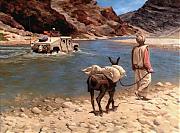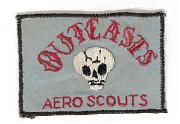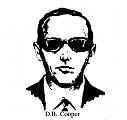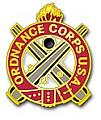RA (I hesitate to use either 'Rank' or 'Amateur' alone, as both could sound offensive....)
Sun Tzu meant within the context of war. (the supreme acme being securing the operational objective without battle through superior generalship). In peace time the General cannot achieve the 'objective' - that is for the political leadership.
To my mind the real art of being a General can only be demonstrated in conflict. Successful 'peacetime' generals are demonstrating bureaucratic competence, not generalship. Of course, the best ones can excel in peace and war.
Slap,
My wrong call on Gavin - apologies.
Cheers
Mark







 .
. 



 )
)



Bookmarks